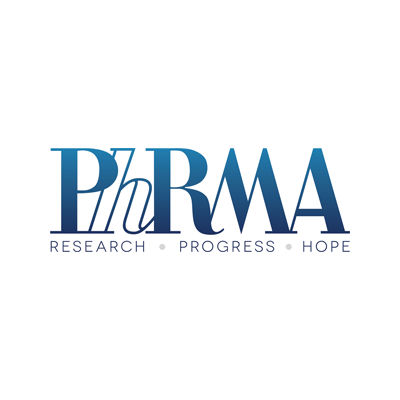Burdensome step therapy requirements could delay care for cancer patients: analysis
06 Jun 2024

Preview
Source: FierceHealthcare
Health plan policies try to ensure step therapy does not cause delays in care, but step therapy can lead to more safe health outcomes.
Prior auth is extremely common for oncology drugs for safety reasons, said Anna Howard, principal of policy development for ACSCAN, but she found the results of the analysis to be surprising and concerning from a transparency perspective.
“We would want to make sure the patient and provider is being provided clear information in terms of what exactly are the utilization management tools associated with a given drug,” she told Fierce Healthcare.
Step therapy mandates patients try one drug or therapy, and, if the treatment is ineffective, they are then approved for the next treatment. If step therapy causes unexpected delays, patients could be subject to negative health outcomes.
Utilization management is used by health plans to ensure safety and lower spending for beneficiaries.
Avalere’s Part D analysis showed many plans included step therapy within prior authorization criteria for drugs like Kisqali and Verzenio, drugs prescribed for breast cancer. For Verzenio, step therapy requirements were included 82% of the time.
Howard said she wants the Centers for Medicare & Medicaid Services to be on the lookout for instances of embedded step therapy, as utilization metric tools can be missed if they are embedded outside of Part D formularies. She said utilization management tools are used more often following the implementation of the Inflation Reduction Act.
Another ACSCAN paper (PDF) looked at how often Medicare Advantage (MA) plans require step therapy for breast cancer and hepatocellular carcinoma. From 2023 to 2024, most plans increased step therapy requirements, though biosimilar drugs were more likely to have preferred status.
MA plans required step therapy for breast cancer drugs 70% to 95% of the time, except biosimilar drugs Kanjinti and Trazimera.
Triple or quadruple step therapy requirements occurred less than 1% of the time.
The analysis found large plan sponsors are requiring step therapy more often than small plan sponsors, a distinction that shouldn’t exist if safety is the main criteria for step therapy inclusion, said Howard.
The reports were supported through grants by PhRMA, AbbVie, Bristol Myers Squibb, Pfizer and other major pharmaceutical companies.
For more details,please visit the original website
The content of the article does not represent any opinions of Synapse and its affiliated companies. If there is any copyright infringement or error, please contact us, and we will deal with it within 24 hours.
Organizations
Targets
-Hot reports
Get started for free today!
Accelerate Strategic R&D decision making with Synapse, PatSnap’s AI-powered Connected Innovation Intelligence Platform Built for Life Sciences Professionals.
Start your data trial now!
Synapse data is also accessible to external entities via APIs or data packages. Leverages most recent intelligence information, enabling fullest potential.




